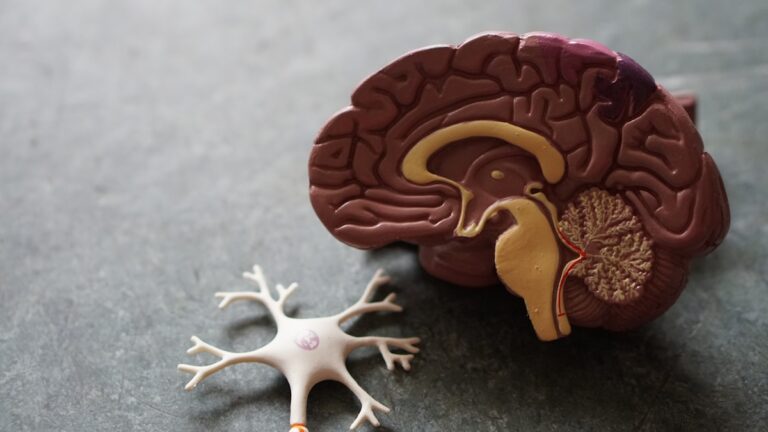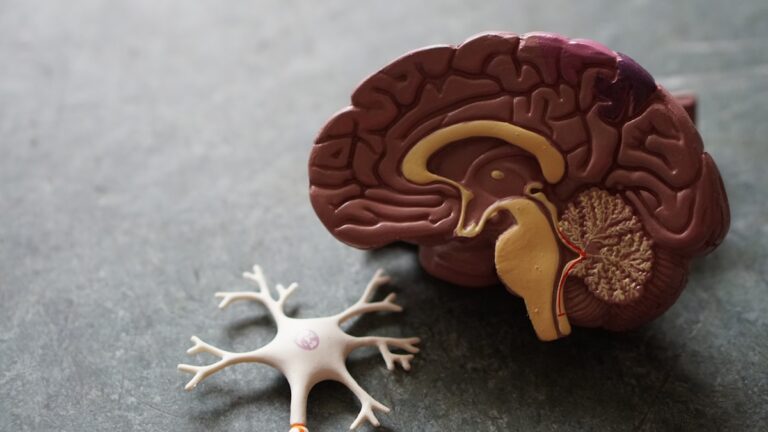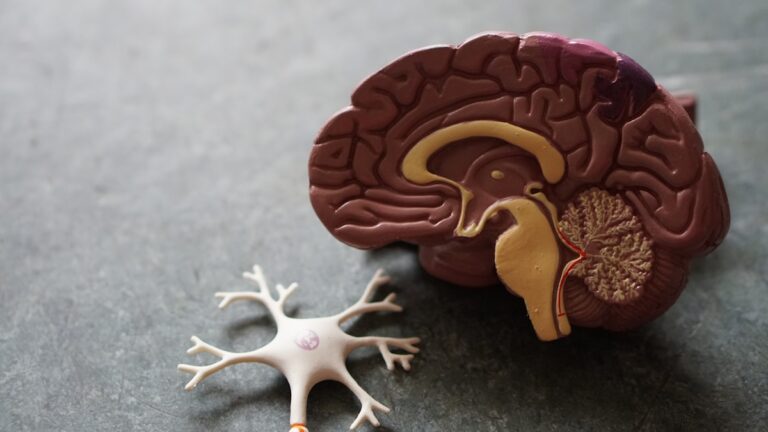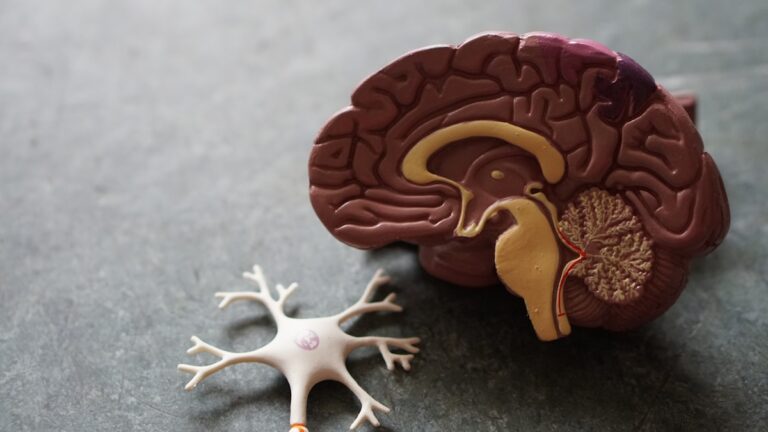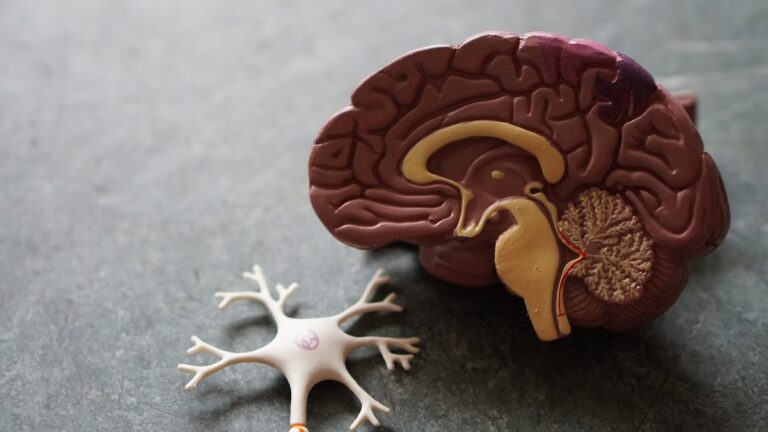Humming group songs comforts Alzheimer’s patients because it engages parts of the brain that remain relatively intact despite the disease, triggers emotional and procedural memories, and fosters social connection and emotional well-being. When Alzheimer’s patients hum or sing familiar tunes together, it activates brain networks involved in attention, reward, and motivation, which can reduce anxiety, agitation, and feelings of isolation.
Alzheimer’s disease progressively damages memory and cognitive functions, but musical memory—especially procedural memory related to routines like singing or humming—tends to be preserved longer. This means patients often cannot recall recent events but can still hum or sing songs learned long ago. The act of humming familiar group songs taps into these preserved memories, evoking powerful emotional responses and a sense of identity. Even when verbal communication is impaired, humming allows patients to express themselves and connect with others non-verbally.
Group singing or humming releases “feel-good” brain chemicals such as oxytocin, serotonin, and dopamine, which help reduce stress and foster trust and bonding among participants. This biochemical response can calm agitation and improve mood. The rhythmic and repetitive nature of humming also promotes relaxation and can regulate breathing, which further reduces anxiety and physical restlessness common in Alzheimer’s patients.
Participating in group music activities provides a structured, joyful environment that encourages social interaction and reduces loneliness. Alzheimer’s patients often experience social withdrawal due to communication difficulties, but music offers a shared experience that transcends these barriers. The communal aspect of humming familiar songs creates a sense of belonging and emotional support, which is vital for mental health.
Moreover, music stimulates multiple brain regions simultaneously—including emotional, sensory, and motor areas—helping to awaken cognitive functions that are otherwise diminished. Familiar melodies can trigger vivid memories of past events, places, and relationships, reinforcing personal identity and continuity despite cognitive decline. This reminiscence through music can bring moments of clarity and joy, even in advanced stages of Alzheimer’s.
In practical terms, caregivers and therapists use humming and group singing as simple, non-pharmacological interventions to manage behavioral symptoms such as agitation, anxiety, and wandering. These activities can transform a patient’s mood and behavior during sessions, promoting engagement and reducing the need for medication. The calming effect of humming group songs often extends beyond the music session, improving overall quality of life.
In essence, humming group songs comforts Alzheimer’s patients by reaching deep into preserved brain functions, evoking emotional memories, releasing calming neurochemicals, and creating meaningful social connections. This combination addresses both the neurological and emotional challenges of Alzheimer’s, making music a uniquely powerful tool in dementia care.

